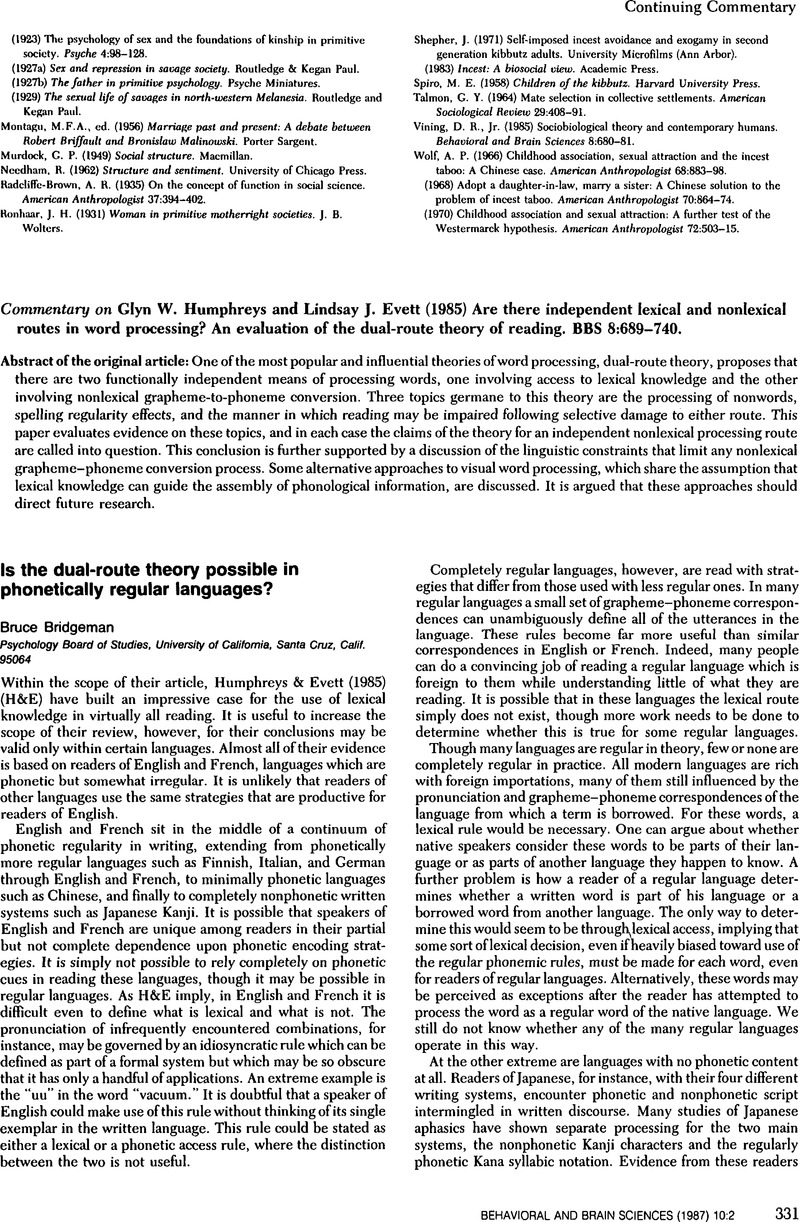Crossref Citations
This article has been cited by the following publications. This list is generated based on data provided by Crossref.
Boyarsky, Abraham
and
Góra, Paweł
2006.
Invariant measures in brain dynamics.
Physics Letters A,
Vol. 358,
Issue. 1,
p.
27.





